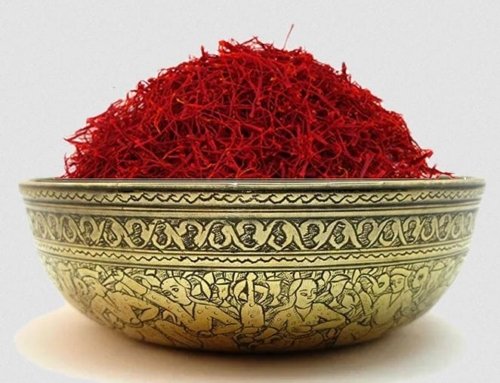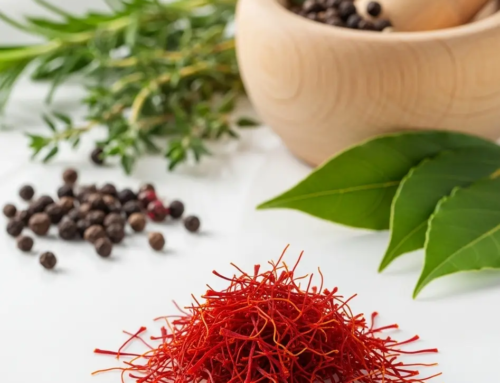 Saffron Benefits for Constipation: A Natural Remedy
Saffron Benefits for Constipation: A Natural Remedy
Saffron for constipation: Saffron has been recognized for centuries in traditional medicine for its role in preventing and treating many digestive and neurological diseases. Known for its warm and dry properties, saffron’s effects on both the body and mind have been well-documented through research. In this article,
What is Constipation?
Bad breath, indigestion, joint swelling, heartburn, and the accumulation of toxins in the body are common signs of constipation. Constipation refers to difficulty with natural bowel movements. The frequency of bowel movements decreases, and they often become difficult and irregular. One of the primary causes of constipation is lack of physical activity.
Saffron’s Impact on Constipation
One of the oldest and most effective benefits of saffron lies in its role in treating digestive disorders, especially those affecting the stomach and intestines. Conditions like stomach upset, constipation, stomach ulcers, bloating, and intestinal inflammation are examples of digestive problems that saffron can help address.
In his book “The Canon of Medicine,” Avicenna refers to saffron’s pharmacological effects on the digestive system. He mentions that saffron strengthens digestive muscles, reduces unnecessary hunger, neutralizes stomach acidity, and improves digestion.
Crocetin, the active component of saffron, is known for its antioxidant, anti-inflammatory, and anticancer properties. These benefits make saffron particularly useful for treating constipation. Below are methods for using saffron to address constipation effectively.
How to Use Saffron for Constipation
As mentioned earlier, saffron can play an essential role in alleviating various digestive disorders and even intestinal cancer. Here are ways to use saffron for constipation relief:
- Saffron Tea
Boil water and add saffron to the hot water. Let it steep for 15 to 20 minutes for full infusion. If you wish, you can mix the prepared saffron tea with regular tea or milk for enhanced taste. Saffron tea is often effective in treating constipation. - Saffron Syrup
Another method to benefit from saffron for constipation is to prepare saffron syrup. Grind the saffron into powder and add it to boiling water. Once the water boils, add sugar and stir until it dissolves. Afterward, add the ground saffron powder to the pot. You can also add extra sugar for a sweeter syrup. Pour the mixture into a glass jar and store it in the refrigerator.
Tip: To grind saffron, you can use a mortar and pestle, a grinder, or even crush it using a heavy spoon while still inside its plastic packaging.
Caution: Like any beneficial food, excessive and uncontrolled use of saffron can lead to side effects. It’s important to use saffron in moderation according to your diet. The recommended daily dosage of saffron is 0.1 grams per serving. If you exceed 5 grams in a meal, it can cause side effects such as dizziness, nausea, slow heart rate, or in rare cases, even death.
Additional Therapeutic Methods for Constipation
In addition to saffron, you can adopt the following measures for further relief from constipation:
- Eating foods high in fiber like raw vegetables, beans, and nuts
- Incorporating dried plums and figs into your snacks
- Ensuring proper hydration
- Consuming warm liquids
- Eating fruits like bananas, kiwis, pears, and apples
- Drinking horehound syrup







Get Social